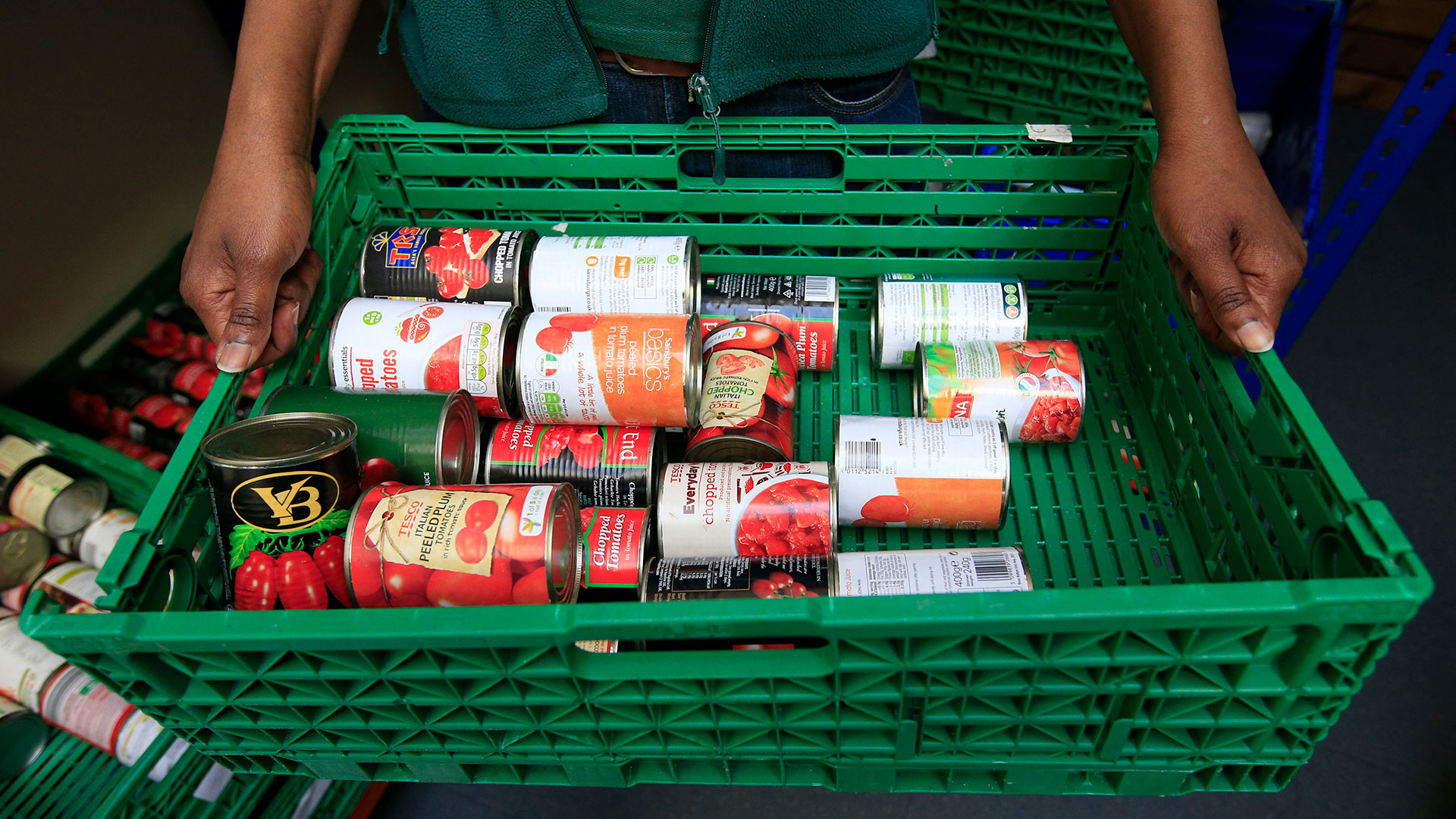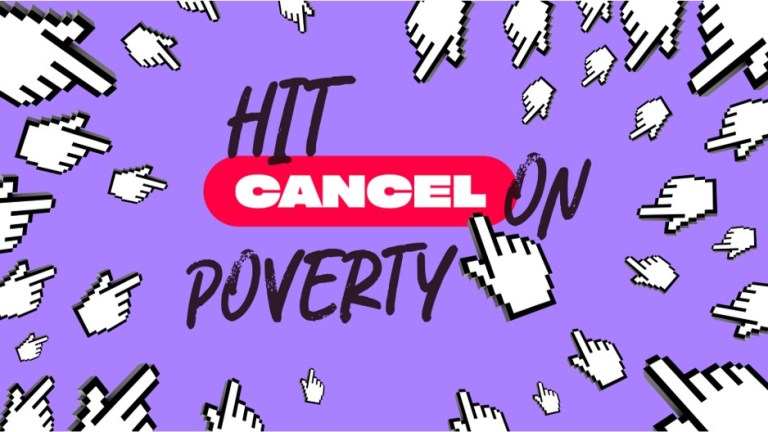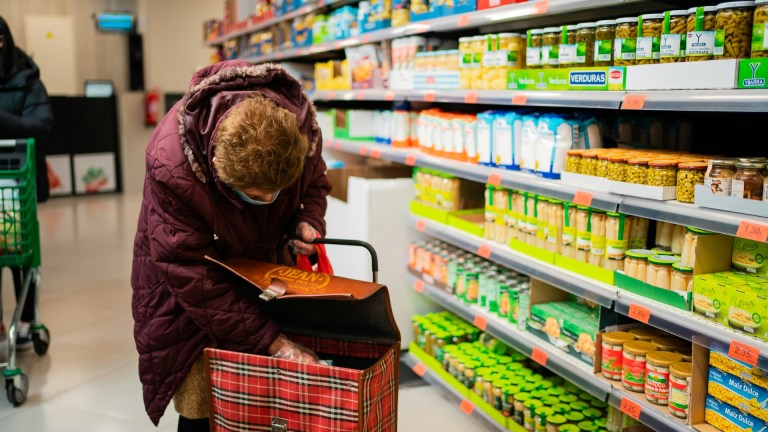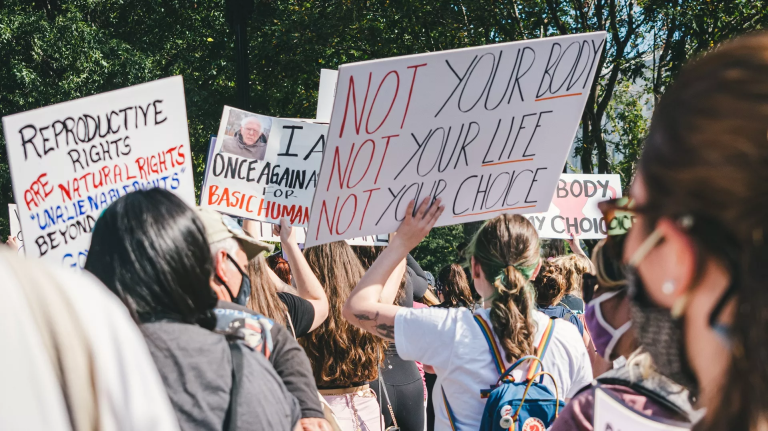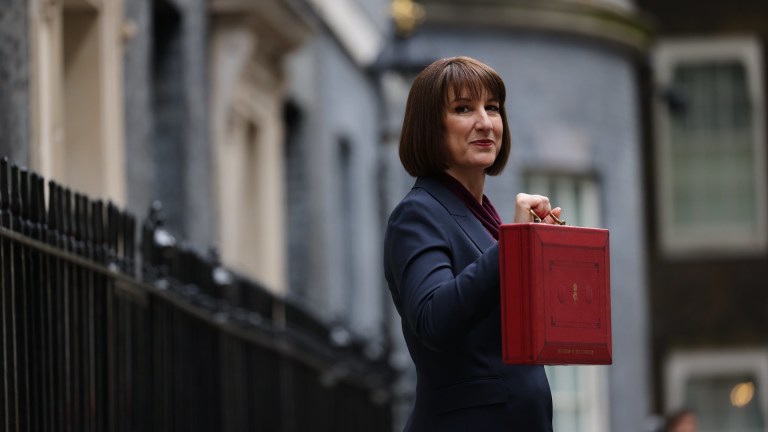The Trussell Trust foodbank network gave out a record 1.6 million parcels between April 2018 and March this year – up almost a fifth on the charity’s last count.
More than half a million of the 1,583,669 three-day emergency packages went to children and the Trust has outlined familiar reasons for the overall rise.
Chief executive Emma Revie has pinned the blame on Universal Credit’s five-week wait and the benefit freeze – outlining that a third of people needing emergency food received benefits that didn’t cover their living costs.
Moving on to the controversial benefits system has been a key driver of increasing need with almost half of foodbank referrals made because of a delay in benefits could be out down to Universal Credit.
Our #foodbank figures only show the tip of the iceberg but here’s how many emergency food parcels were handed out across the UK last year. We know #ThisCanChange – find out how here > https://t.co/RpoXA4fTCrpic.twitter.com/FCCqyIuE0u
— The Trussell Trust (@TrussellTrust) April 25, 2019
But this is nothing new – the Trussell Trust has warned the government three times in the last year that Universal Credit and the wait to receive a first payment is pushing people deeper into poverty. And with the benefits freeze coming into its final year, the money that claimants receive has not kept up with inflation leaving them unable to cover the rising costs of daily essentials including food.
